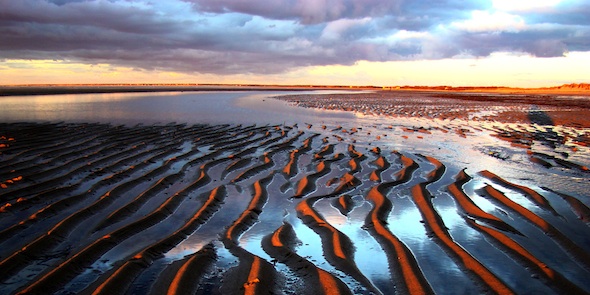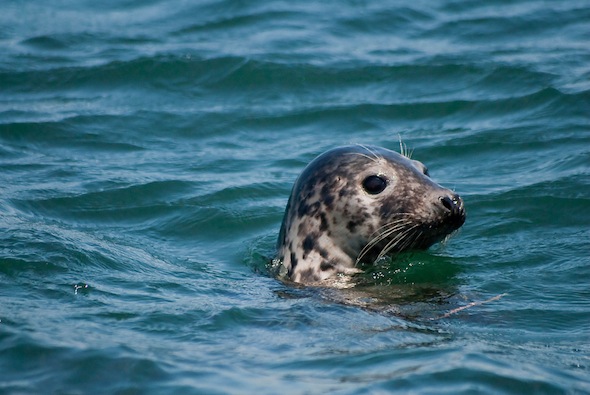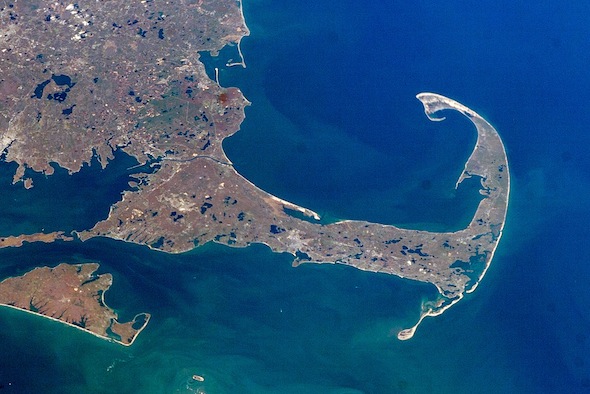When the Pilgrim Fathers sailed to America in 1620, they were a touch cagey at first about coming ashore. The pilgrims sailed up and down Cape Cod for a month, eventually weighing anchor in Provincetown harbour where they wrote and signed their founding document, the Mayflower Compact.
Four hundred years later their reluctance to make landfall could be even more pronounced. After all, Provincetown circa 2013 would prove pretty confronting for a boatload of fusty puritans. As well as being one of New England’s prettiest and most characterful seaside towns, P Town, as it gets called locally, is also Massachusetts’ premier gay tourist resort. My first day there I found myself idly browsing chocolate penises in the souvenir stores and dodging bicycle-riding drag queens on Main St. (In case you’re wondering, she was promoting her one-woman cabaret.)
The Cape Cod peninsula extends from the coast of Massachusetts not unlike a bony middle finger. P-town is located on the New England side at the northern tip of a large bay. Actually, P Town has quite a sedate vibe as it goes. While its distinct clapboard houses play host to a smattering of gay bars they are radically outnumbered by seafood restaurants and art galleries.
Liz Carney has a gallery selling her fauvist landscapes on Commercial Street.
“This is a place of exceptional natural beauty,” said Liz. “You can see it reflected in the paintings of Edward Hopper (Hopper had a home on the Cape). It’s also the reason writers like Eugene O’Neill and Norman Mailer spent a lot of time here, and the reason visitors keep coming back.
SEAL SANCTUARY
Nor is the Cape only popular with human tourists. Frequent vacationers in recent years have been North Atlantic harbor and grey seal populations. The seals’ puppy dog faces are a feature as you walk the pristine white beaches of the Atlantic shore side, staring back at you just beyond the surf.
We visited a sandbar in the early morning that becomes a resting ground for a colony of a hundred-plus grey seals at low tide. Sitting on the beach listening to the seals’ haunting siren calls, just audible over the whip of a North Atlantic bluster, was a magical experience. A National Parks volunteer, clearly enjoying his position as purveyor of local seal lore, told a small flock of curious tourists that in recent months the seals’ presence had attracted unwelcome visitors to the Cape’s coastal waters in the form of great white sharks.
The sharks come to feed on the seals but don’t just stop there. Last summer a 50-year-old holidaymaker was bitten by a great white off Ballston Beach in nearby Truro, the first shark attack in Massachusetts since 1936. It has been followed by a number of sightings, as well as the first ever successful capture, spot-tagging and release of a great white by scientists and fishermen off the Cape.
ARTIST’S HAUNT
If the idea of man-eating sharks isn’t enough drama for you then the Cape has a lively theater tradition dating back to the 1920s when Pulitzer-prizewinning dramatist Eugene O’Neill lived and worked here.
O’Neill wrote his plays in a rickety wood shack south of P-town. The shack is one of a group scattered across the dunes built originally for lifeboat men in the nineteenth century. O’Neill’s residency lent the shacks artistic cache and since then the likes of Jack Kerouac and the poet e.e. cummings have had spells staying in them. You can enjoy a pleasant afternoon tramping from one shack to the other, communing with the spirits of the great artists who spent time here.
This artistic heritage is ongoing. The restaurants of P-town are overrun with jobbing actors who wait tables by day. Our waiter — Ben — was in the awkward early stages of a mustache he was cultivating for a part in a Tennessee Williams play. He advised we check out the Welfleet Harbor Actors Theater located a short drive south of P-town in the fishing port of Welfleet.
Aside from the theater Welfleet has a great lobster shack, which serves seafood delicacies like clam chowder, lobster rolls and a superlative oyster po’boy sandwich. The Cape is brimming with great seafood. It’s also reputed for its sweets and an over-indulgence of island fudge is a far more real and present danger to your health than the Jaws lurking in the deep.
REBEL STRONGHOLD
The Welfleet theater, which had a production of a Vietnam-era black comedy showing when we were there, is known for putting on cutting edge plays that belie the sleepy harbor setting. It was presided over for many years by Jeff Zinn, the son of the radical leftwing historian Howard Zinn, who is best known for his revisionist work, “A People’s History of the United States”.
Zinn’s book recounts US history from the viewpoint of ordinary citizens. The Cape too offers a retelling of the American story, in particular its historic role as a place of refuge.
In its earliest incarnation the Cape offered safe haven for the pilgrims. Since then the Cape has fulfilled the same role for artists and, in the present day, the LGBT community who – like the pilgrims — have faced their share of persecution.
In P-Town I meet Ward, a gay Bostonian with a sly sense of humor who came here 15 years ago and stayed. He loves the wide angle ocean vistas, the artistic tradition, but most of all the tight-knit community that is embracing, non-judgmental and “ incredibly supportive”.
“I don’t think I could survive anywhere else,” he said.


